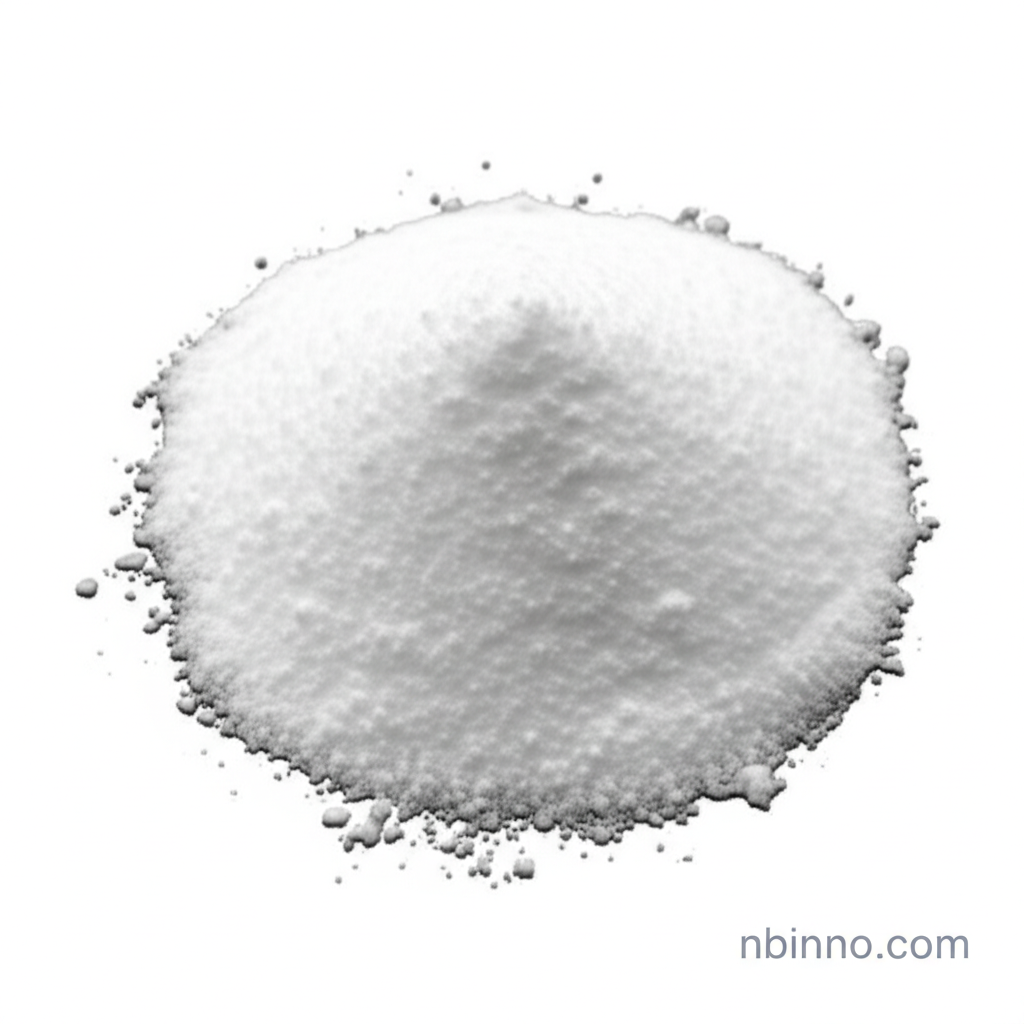Benserazide Hydrochloride: Enhancing Levodopa Therapy for Parkinson's Disease and Neuroprotection
Unlock improved Parkinson's symptom management and explore groundbreaking neuroprotective potential.
Get a Quote & SampleProduct Core Value

Benserazide Hydrochloride
Benserazide Hydrochloride is a vital peripheral decarboxylase inhibitor, primarily known for its synergistic action with Levodopa in managing Parkinson's disease. By inhibiting the premature breakdown of Levodopa outside the brain, it significantly boosts the amount of Levodopa available to reach the central nervous system, where it is converted to dopamine. This enhances the therapeutic efficacy of Levodopa, leading to better control of motor symptoms such as tremors, rigidity, and bradykinesia, while also minimizing common peripheral side effects often associated with Levodopa monotherapy. Emerging research also indicates potential neuroprotective properties, suggesting its utility in conditions like ischemic stroke by modulating immune responses.
- Benserazide Hydrochloride for Parkinson's disease offers enhanced Levodopa effectiveness, providing more consistent symptom relief for patients.
- As a peripheral decarboxylase inhibitor, it strategically targets Levodopa metabolism to maximize brain availability.
- The drug plays a key role in Parkinson's motor symptom control, significantly improving the quality of life for affected individuals.
- Studies suggest its ability to reduce levodopa side effects, making treatment more tolerable and compliant.
Key Advantages
Enhanced Therapeutic Efficacy
By ensuring more Levodopa reaches the brain, Benserazide Hydrochloride maximizes its therapeutic impact on Parkinson's symptoms, improving patient outcomes.
Reduced Side Effects
The targeted inhibition of peripheral Levodopa breakdown by this compound helps to minimize gastrointestinal and cardiovascular complications, improving patient comfort.
Neuroprotective Potential
Recent research into Benserazide immune response modulation indicates its capacity to offer neuroprotection, particularly in stroke models, by altering inflammatory pathways.
Key Applications
Parkinson's Disease Treatment
Crucial for enhancing Levodopa's effectiveness in managing the motor symptoms of Parkinson's disease, contributing to better patient mobility and quality of life.
Stroke Recovery Support
Emerging research highlights its role in Ischemic Stroke Treatment Innovations, showing promise in improving functional recovery by managing neuroinflammation.
Pharmaceutical Intermediate
Serves as a critical component in the pharmaceutical industry for the formulation of combination therapies, vital for Neuroprotection in ischemic stroke research.
Research & Development
Its multifaceted actions, including immune modulation and potential neuroprotection, make it a key compound for ongoing research in neurological disorders and drug repurposing.
